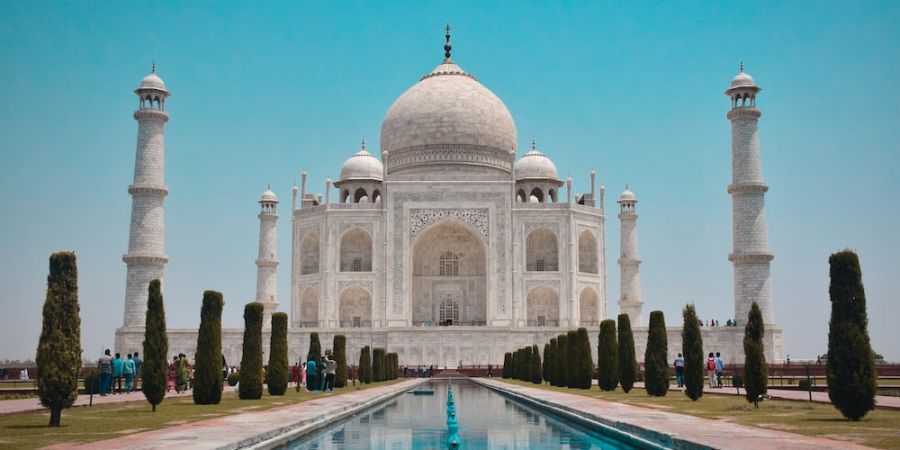

Hi guys I hope all of you good… Lets see about Taj Mahal Secrets
The Taj Mahal in Agra, India is one the world's most famous and beloved landmarks. Most people know the basic story behind it. The powerful Mughal emperor, shah jahan, commissioned its consturction as a grand mausoleum for his favorite wife, Mumtaz, his Mahal. As such, it has been considered a symbol of love and devotion for centuries.
Seven secrets of Taj Mahal
According to reports, Shah Jahan as a leader was more ruthless than romantic. Dedicated and enthusiastic, the Taj was also a source of propaganda. The orderly symmerty of the complex symbolizes absolute power, the perfection of Mughal leadership. And its greatness and opulence(Crystal, lapis lazuli, makrana marble, turquoise) brought only glory to Shah Jahan's regin.
2. Planned Taj Mahal made of black marble
Remember the random placement of Shah Jahan's Cenotaph?
According to local lore, Shah Jahan wanted to be silhouetted on the Yamuna river. The Taj His Mahal is the same one carved out of black marble, but on the other side, where he was buried. The construction site is said to have come to a halt after Shah Jahan was deposed by his son (Ironically Mumtaz, a child of his Mahal) and imprisoned in the nearby Agra Fort. Some historians dismiss this story as folklore.
3. Change color throughout the day
One of the charms of the Taj Mahal is its ever- changing colors. From morning to evening, the sun transforms the mausoleum. It appears pearly gray and pale pink at sunrise, dazzling white at noon, and orange-bronze at sunset. In the evening, the Taj can appear translucent blue. Special tickets are also available for viewing full moons and solar eclipses.
4. The Taj receives Ordinary Facials
The Taj Mahal's glistening white marble facade has turned brownish yellow with soot due to aging and pollution. Occasionally the memorial is given a spa day. Specifically, a mud wrap failed called Multani Mitti. Used by Indian women to restore luster, this trational recipe is applied and then washed off with a brush to remove Taj blemishes and restore luster.
5. It's (almost) flawlessly symmetrical
The Taj Mahal is the pinnacle of Mughal architecture and was built in perfect symmetry according to the stylistic tenets of the time. Minarets flank the domed tombs and the central pool reflects the main building. An earthly representation of paradise, the gardens are divided into quadrants, and two red sandstone buildings (The east-facing mosque and the west- facing guest house) Provide a balanced harmony to the mausoleum complex. However, he has one exception. Shah Jahan's cenotaph is oddly placed to the west of the central axis, throwing it out of balance. Due to its odd placement, many believe that they did not want him buried there in the first place.
6. The Most Famous Myth is Probably Wrong
According to Popular legend, Shah Jahan aspired for the mausoleum to be unique and exquisite masterpiece. To prevent anyone from recreating the beauty of the Taj Mahal, Shah Jahan reportedly cut off the hands of the craftmen and craftmen and gouged out his eyes. Despite this gruesome tale being circulated, historians have found no evidence to support this tale.
7. Optical Illusion are everywhere
The architects and craftmen of the Taj Mahal were Masters of Proportions and eye tricks. For example, when you first approach the main gate that surrounds the Taj, the monument looks incredibly close and large. But as we get closer, it shrinks in size. This is the exact opposite of what you would expect. Although the minaret surrounding the tomb appears to be completely upright, the tower actually leans outward, serving both from and function. In addition to providing aesthetic balance, the pillars collapse from the main basement in the event of a disaster such as an earthquake.
Thanks for Reading…










